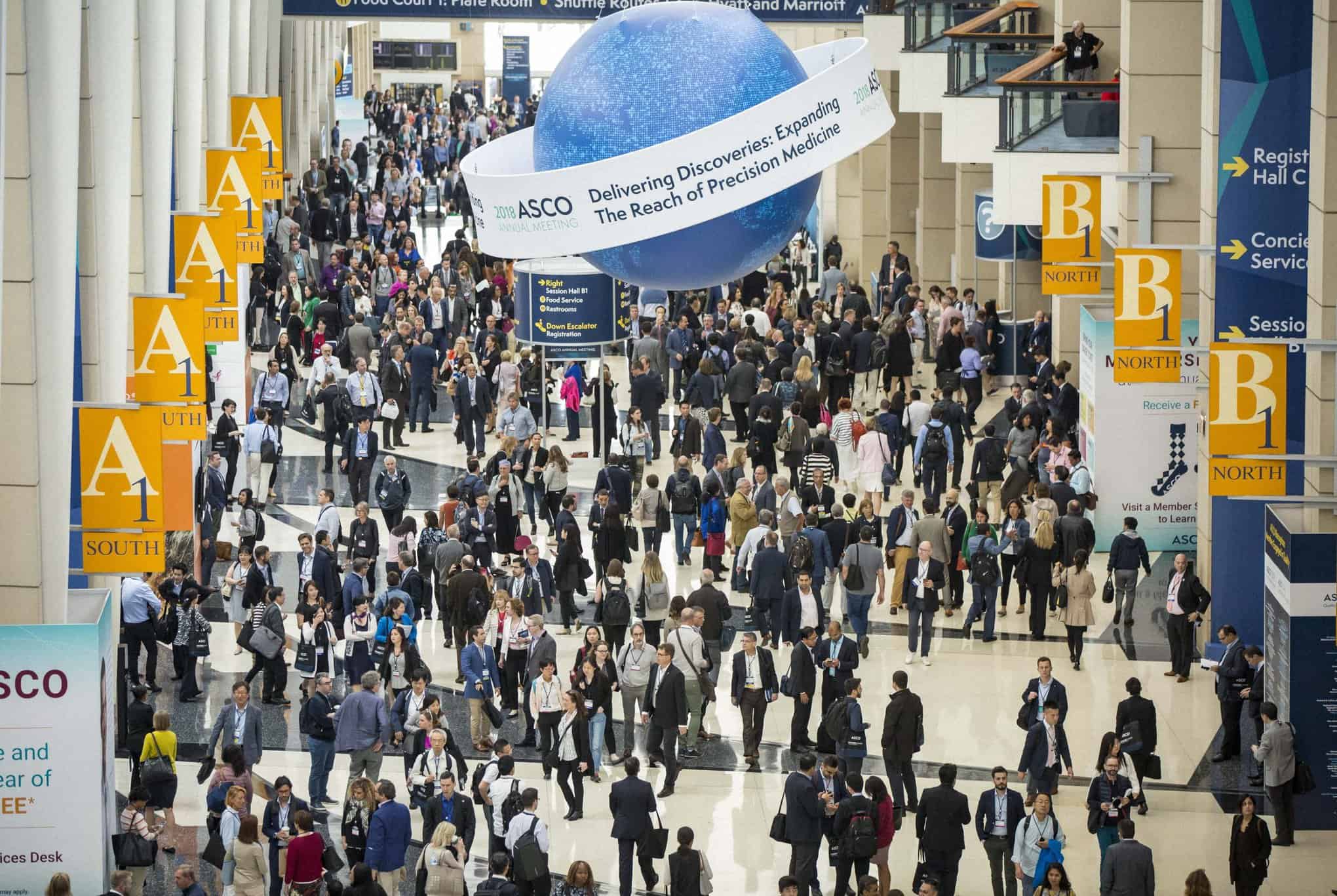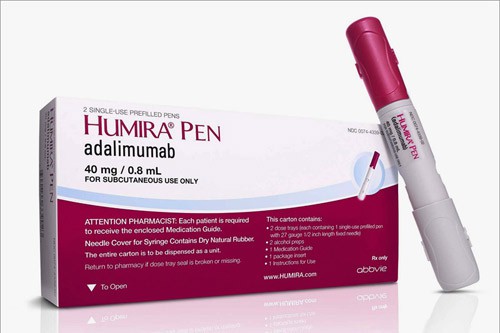
Hello and welcome to today’s round-up of the most eyecatching stories in healthcare.
The biopharma news is being dominated by the ASCO cancer congress in Chicago, with the big hitters of oncology all producing key data over the weekend.
Some key ASCO takeways:
Merck’s Keytruda once again demonstrated its efficacy in non-small cell lung cancer, with two new studies hitting their endpoints. Perhaps most notably, the KEYNOTE-042 trial compared Keytruda monotherapy to chemotherapy in previously-untreated NSCLC patients, and found patients fared better on the immunotherapy – suggesting that some patients could be spared chemotherapy.
Read more: ASCO data back up Merck’s dominance in lung cancer
TAILORx study
The promise of patients being spared chemotherapy treatment was also the good news from the TAILORx study, which promises to change breast cancer treatment overnight.
the US National Cancer Institute sponsored trial provides definitive evidence that a simple existing test can identify 70% of early-stage breast cancer patients who will receive no benefit from chemotherapy, and can therefore be effectively treated with endocrine therapy and surgery alone. The trial also established that chemotherapy may provide life-saving benefit to 30% of patients.
The diagnosis relies on a genetic test that analyses the danger of a tumour; in the trial Genomic Health’s Oncotype Dx was used, although there are competing products.
Oncologists in the UK say the results would change practice in UK clinics with immediate effect on Monday, freeing around 3,000 women from chemotherapy every year.
While Merck & Co. enjoys a run of success with Keytruda, its rival BMS and its partner Nektar are still confident their Opdivo +NKTR 214 combination represents a significant advance for patients. However confusion over the unusual trial design has sown seeds of doubt about its chances.
BMS presses go on Nektar combo pivotal trials, despite data debate
Lots more ASCO coverage to come, with some late-breaking studies lined up for the final day of the conference tomorrow.
Europe: data means Keytruda, Tecentriq should be limited in bladder cancer
While the flood of data from ASCO might lead you to believe the PD-1/PD-L1 immunotherapies are on an unstoppable march in all cancer types, Europe’s medicines committee CHMP begs to differ.
On Friday it announced the conclusion from its review of MSD’s Keytruda and Roche’s Tecentriq (atezolizumab) as first line-treatments for urothelial cancer, and concluded their use should be restricted. This was because both drugs have recently produced phase III trials suggesting that earlier encouraging signs of efficacy don’t translate into real benefits, at least in some patients with low levels of the protein PD-L1. Read more from the EMA here.
CHMP approvals round-up
Friday also saw the CHMP release its recommendations on the latest crop of novel medicines, biosimilars and generics.
The biggest new drug recommended for approval was Novartis and Amgen’s novel migraine treatment Aimovig (erenumab). This puts it in pole position among a slew of competitors in the new CGRP class of migraine treatments, as in the US, where it recently gained full approval.
Meanwhile Ionis and its subsidiary Akcea Therapeutics also got the thumbs up for their rare disease treatment Tegsedi(inotersen) – a decision which could see it approved in Europe before the US, as its approval has been delayed there.
Another orphan drug, Novelion’s Myalepta (metreleptin) also received a positive opinion, for the treatment of leptin deficiency, while Lundbeck and Otsuka’s Rxulti (brexpiprazole) was recommended for the treatment of schizophrenia.
The CHMP also recommended Sandoz’s biosimilar of AbbVie’s blockbuster inflammation treatment Humira.

Sandoz (a division of Novartis) gained CHMP recommendation for its version in three different brand names – Halimatoz, Hefiya and Hyrimoz – and will join a four way battle with Amgen, Boehringer Ingelheim, Samsung Bioepis once the originator drug loses European patent protection later this year.
Europe still unconvinced by Duchenne treatment Exondys
Finally, the CHMP has confirmed its earlier decision to refuse marketing authorisation for Sarepta’s Exondys(eteplirsen). The drug is a treatment for Duchenne muscular dystrophy, and gained approval in the US in 2016, despite controversy about its shaky evidence base.
The decision is also remarkable because it highlights a rare difference of opinion between the two regulators: while the EMA has recommended another Duchenne treatment, PTC’s Translarna, the FDA has roundly rejected this drug, but approved Exondys.




